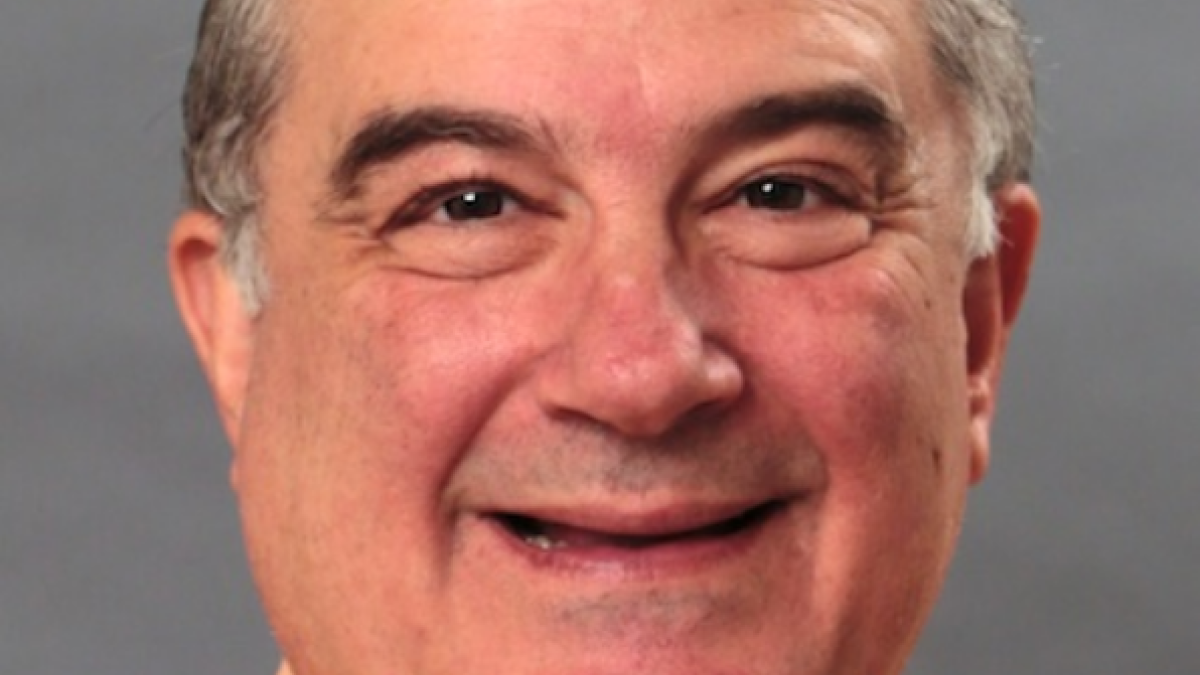Associate dean elected to SACNAS national board of directors

Fabio Milner, associate dean of graduate initiatives and professor in ASU’s School of Mathematical and Statistical Sciences, will join the Society for Advancement of Chicanos/Hispanics & Native Americans in Science (SACNAS) national board of directors on Jan. 1, 2021.
Fabio Milner, associate dean of graduate initiatives and professor in Arizona State University’s School of Mathematical and Statistical Sciences, was recently elected to the Society for Advancement of Chicanos/Hispanics & Native Americans in Science (SACNAS) national board of directors.
SACNAS is a nonprofit organization that strives to ensure populations underrepresented in science, technology, engineering and mathematics (STEM) have the support they need to obtain advanced degrees, careers and positions of leadership.
“SACNAS is a most energizing and dynamic organization,” Milner said. “It started 47 years ago when a handful of friends and acquaintances created it to support Chicanos and Native Americans in getting a chance at STEM careers. It evolved into an organization of many thousands of members devoted to creating opportunities and respect for members of underrepresented groups of any kind. To me, helping to expand this scope is a matter of social justice that I am very passionate about.”
Milner was born and raised in Argentina and has been with ASU for 12 years. In his research, he studies structured population models including demography, epidemics, ecology and tumor growth. He and his collaborators are also developing a family of epidemiological models structured by immunological variables in order to describe the multiscale problem of disease propagation at the individual level and the population level in a single model.
“Fabio’s election to the SACNAS board is an exciting and well-deserved honor,” said Patrick Kenney, dean of The College of Liberal Arts and Sciences. “His ongoing dedication to The College, students and diversity in his field aligns perfectly with SACNAS’ mission of fostering the success of historically marginalized groups within STEM. We are grateful to have him advocating for this important issue and know his perspective will bring about positive change.”
As a member of the board of directors, Milner will work with other board members to provide vision and strategic direction for the organization. His three-year term will begin on Jan. 1, 2021.
More Science and technology
2 ASU faculty elected as fellows to National Academy of Inventors
Arizona State University faculty members Bertram Jacobs and Klaus Lackner have been elected as fellows to the National…

Harvesting satellite insights for Maui County farmers
Food sovereignty can refer to having access to culturally significant foods, but Noa Kekuewa Lincoln believes it goes farther…

Google grant creates AI research paths for underserved students
Top tech companies like Google say they are eager to encourage women and members of historically underrepresented groups to…